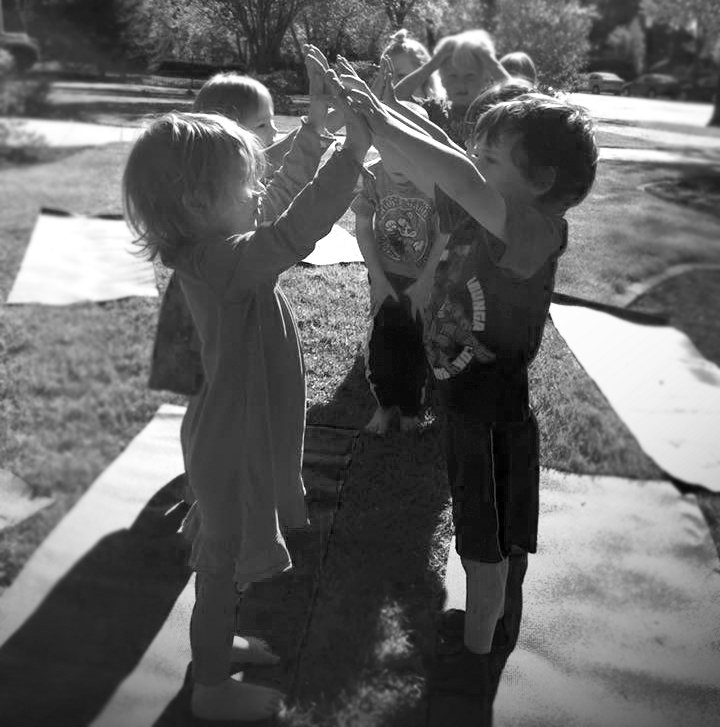
Individual Therapy for Children, Teens, And Young Adults.
Now Accepting New Clients

Helping your child or yourself get connected
and become empowered
Your child may experience feeling lost, disconnected or sad.
These experiences or “life ripples” may have your child seem more withdrawn, disengaged, or lonely. You observe less interest or joy and more frustration.
You may be feeling incomplete, ashamed, or detached. Maybe the same activities are not as enjoyable anymore. Life becomes a struggle.
Life Ripples helps people embrace these ripples and establish coping skills to weather through them. In order to do so, wholeness of mind and body is essential.
Life Ripples works with your child or you to find wholeness by including an all-encompassing therapy, filled with tangible tools targeted towards clients’ individual needs.




Meet Stefanie
Dr. Stefanie Bauer PsyD, LP
I leaped and started Life Ripples in 2012 and have been amazed by my client’s willingness to “choose wisely.” I am grateful to have had the experience of working with various clients and continue to enjoy working with a broad spectrum of clients and learning from them at the same time.
Since I graduated from the Minnesota School for Professional Psychology (MSPP) I gained additional clinical experience before starting my private practice.
AREAS OF PRACTICE
-
Emphasizes the important role of thinking of our emotions and behaviors. It's based on research showing how our thoughts cause our feelings and behaviors, not external events. Knowing this, we can change the way we think to feel/act better even if our external events do not change.
-
Also called client-centered, non-directive, or Rogerian therapy, this is an approach to counseling and psychotherapy that places much of the responsibility for the treatment process on the client, with the therapist taking a non-directive role.
-
Trauma Focused Cognitive-Behavioral Therapy (TF-CBT) is a conjoint child and parent psychotherapy approach for children and adolescents who are experiencing significant emotional and behavioral difficulties related to traumatic life events. It is a components-based treatment model that incorporates trauma-sensitive interventions with cognitive behavioral, family, and humanistic principles and techniques. Children and parents learn new skills to help process thoughts and feelings related to traumatic life events; manage and resolve distressing thoughts, feelings, and behaviors related traumatic life events; and enhance safety, growth, parenting skills, and family communication.
-
DBT maintains that some individuals react abnormally to emotional stimulation. DBT helps clients learn how to cope with these sudden, intense surges of emotion with individual therapy. Focus is on reinforcing adaptive behaviors, managing emotional trauma, mindfulness, distress tolerance, emotion regulation, and interpersonal effectiveness.
-
Tends to view change in terms of the systems of interaction between family members. It emphasizes family relationships as an important factor in psychological health.
-
Designed for children who have behavioral problems and/or are preventing children from acknowledging their true potential. This therapy combines a variety of play and creative art techniques to help with the chronic, mild or moderate psychological and emotional conditions in children.
-
Focuses on what clients want to achieve through therapy rather than on the problem(s) that made them seek help. The approach focuses on the present and future. Clients are invited to envision their preferred future and to identify the strengths and resources they have to get them there. They are encouraged by their therapist to use these in attaining their therapy goal.

Yoga Based Techniques
Addresses improved mind/body connection, mental and physical strength, mindfulness, skills for emotional intelligence, social awareness, communication, basic poses and breathing.

let me help you now.
Use the form below to contact me regarding your therapy needs. Please be as detailed as possible. Include any relevant history and therapy goals you may have. You may also email or call me to make an appointment.


